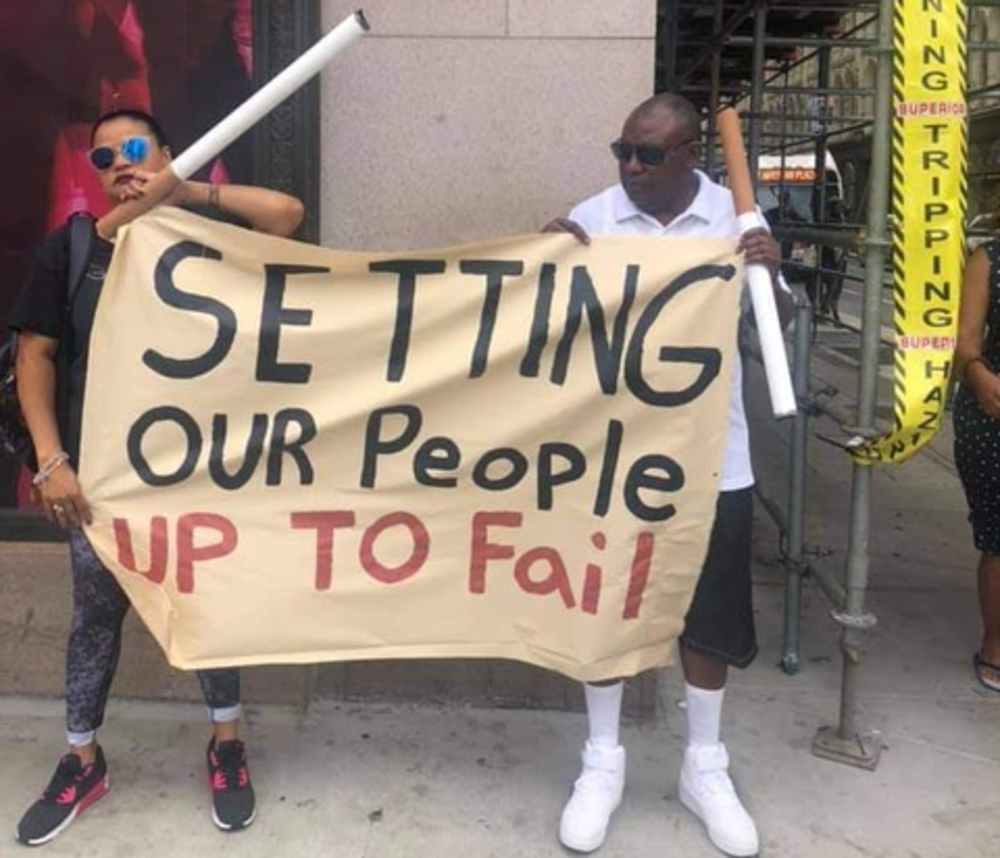The horribly misguided smoking and vaping ban in Philadelphia’s city-funded drug treatment programs, including outdoor spaces, has finally been lifted.
The ban was passed in 2018 and implemented in 2019 by the city’s Department of Behavioral Health and Intellectual disAbility Services (DBHIdS). It applied to 80 inpatient addiction treatment programs, including nine detox facilities, 32 short-term and 31 long-term rehabilitation programs, and eight halfway houses.
After years of defending its policy as evidence-based—responding to critics by citing research that suggested helping people quit and remain abstinent from smoking improves their chances of recovery from substance use disorder—how did the DBHIdS explain its about-face?
The department didn’t offer an explanation. Instead, its commissioner, Dr. Jill Bowen said in an interview, “I don’t think it was ever intended to be a ban.”
Seriously? Bowen’s comment is pure sophistry. A December 2018 press release from the DBHIdS itself stated, “Philadelphia Bans Smoking at Drug Treatment Programs,” and the story was picked up by mainstream media. DBHIdS did not respond to Filter’s request for comment by publication time.
— Brooke M Feldman (@BrookeM_Feldman) November 15, 2021
From the beginning, the harm reduction community opposed the ban and publicly protested against it. The major concern was that prohibiting smoking and vaping would prevent people who use nicotine from engaging in treatment.
Social worker and activist Brooke Feldman, one of the most vocal opponents of the ban, wrote in Filter, “…it presents a treatment initiation barrier at a time when the illicit fentanyl-tainted street drug supply makes drug use in Philadelphia far riskier than ever before. At this time of unprecedented drug use-related deaths, the goal should be to eliminate all barriers to accessing treatment—not to erect new ones.”
The overdose crisis is a relentless killing machine. In the 12-month period that ended in April, over 100,000 people died of an overdose in the United States. How many of them would be alive today if it were easier to access methadone or buprenorphine than fentanyl, and if access to treatment didn’t depend on quitting nicotine?
“This monumental step backwards from a harm reduction-oriented approach has led to preventable overdose death, reincarceration and other drug-use related harms.”
Dr. Casey Bohrman, a researcher at West Chester University, in partnership with the organization Angels in Motion, provided both qualitative and quantitative evidence that the smoking ban in Philadelphia was deterring people from seeking inpatient treatment. Moreover, her research found that patients left against medical advice because of the ban, or were kicked out for smoking.
Bohrman presented this data at a meeting in July this year, at which Dr. Bowen was present. Bowen knew that there was a ban, and that it was having harmful impacts. Most tragically, people have died of overdose after refusing to go into treatment because they could not smoke cigarettes there.
Drug treatment programs need to learn the lesson that prohibiting the use of nicotine is both dangerous and ineffective. Instead, they need to promote tobacco harm reduction, and support the use of safer nicotine products like vapes which are more effective for smoking cessation than nicotine patches or gums. It’s just common sense that if smokers’ needs for nicotine are met, they are more likely to enter and stay in drug treatment. And it could save their lives.
“Over the past three years, this monumental step backwards from a harm reduction-oriented approach has led to preventable overdose death, reincarceration and other drug-use related harms,” Feldman, a co-founder of the Pennsylvania Harm Reduction Network, told Filter.
“When somebody says they want to stop using deadly fentanyl but they are not looking to or ready to stop smoking or vaping, we need to roll the red carpet out and usher that person into treatment as if it were an urgent life-or-death matter, because in Philadelphia and beyond, it most certainly is.”
The smoking ban disaster in Philadelphia is just one more sickening example of the cruelty that is inflicted on people who use drugs. Their lives don’t seem to matter, even when they’re seeking treatment.
DBHIdS and Dr. Bowen need to admit that they enforced a policy that caused enormous harm and be held accountable.
Photograph courtesy of Brooke Feldman





Show Comments